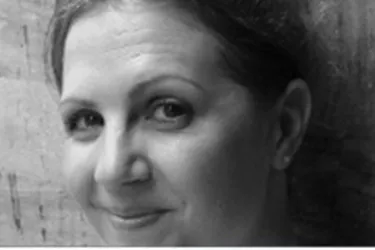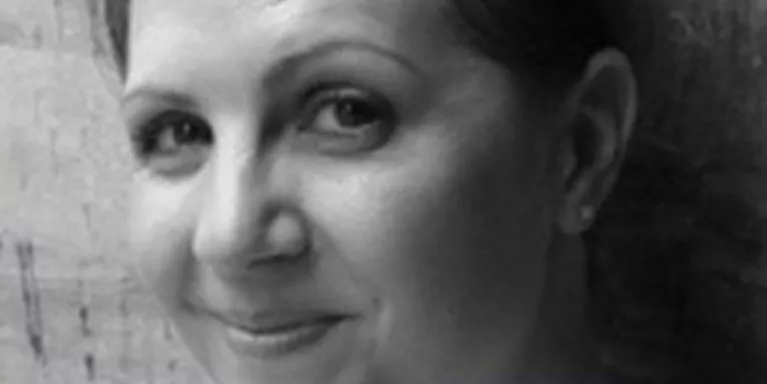A new diagnosis but nowhere to turn.
When trying to get help with her anxiety and depression, Sophie’s initial visit to the GP left her feeling deflated and lost. It wasn’t until she visited her doctor several times that she got the support she needed. Sophie is sharing her story as part of the launch of our third Big Mental Health Survey (www.bigmentalhealthsurvey.com). She joins thousands of others who are sharing their experiences which will help us understand what mental health care is like in England and Wales.
As I stepped into my doctor’s surgery, I felt a rush of panic. Was I just overreacting? Did I really need to be here? Was I wasting their time? With a piece of paper firmly in my grip, I walked into the room and faced my biggest fear. As I sat down and heard the dreaded question “So what have you come to see me about today?” I froze. It was as if my brain was not signalling that I had to speak. I handed my doctor the piece of paper with the long list of reasons why I didn’t feel mentally well.
As silence fell over the room, my doctor began reading the list and my fear slowly started to subside. I’ve done it. Faced my fears. I am finally going to get a diagnosis and the help I need. Moments later, my doctor handed me a leaflet and print outs from her computer. On this leaflet read “Anxiety Disorder and Depression”. I was confused at first. Was that it? Do I just get handed a leaflet in the hope that this cures my unwell mind?
"After my appointment I felt deflated. I had to suddenly deal with this new diagnosis and I had nowhere to turn, with merely a leaflet for professional support."
After my appointment I felt deflated. I had to suddenly deal with this new diagnosis and I had nowhere to turn, with merely a leaflet for professional support.
For the following few weeks I took time to come to terms with the fact I had an official diagnosis of Anxiety and Depression. As time went on and my time at university progressed, I began to struggle. My workload became unbearable and the thought of leaving my house made me feel physically sick.
A lot of things happened in my life, from a death in the family, to going through a breakup, which all made the waiting and relentless pressure to get the right support even more difficult.
I decided to go back to my doctor to see if there was anything else I could do. I had to go back several times to get the help and support I needed. It got to the point where I practically begged to be referred for Cognitive Behavioural Therapy or any kind of counselling.
After finally being deemed a priority and endless letters from my doctor to the therapist, I received the call to say my wait was over. After nearly a year of waiting, which is short compared to how long others have to wait, I was finally receiving the therapy I needed. I had a sense of relief suddenly rush over me, which made a change from the usual sense of panic and dread.
"It shouldn’t be this difficult to get help. If it was a broken bone, you wouldn’t wait over a year to put it in a cast."
It shouldn’t be this difficult to get help. If it was a broken bone, you wouldn’t wait over a year to put it in a cast.
Health care professionals need more training. Handing a leaflet to a patient does not suffice. Thankfully not all professionals follow this same protocol. Despite this, it is also not the professional’s fault if they have not received the relevant training. This is just my story, and I am sure others have had similar experiences or hopefully more of a positive experience. It’s time to take action against the mental health care and get the support we all need.


Information and support
When you’re living with a mental health problem, or supporting someone who is, having access to the right information - about a condition, treatment options, or practical issues - is vital. Visit our information pages to find out more.
Share your story with others
Blogs and stories can show that people with mental health problems are cared about, understood and listened to. We can use it to challenge the status quo and change attitudes.

















